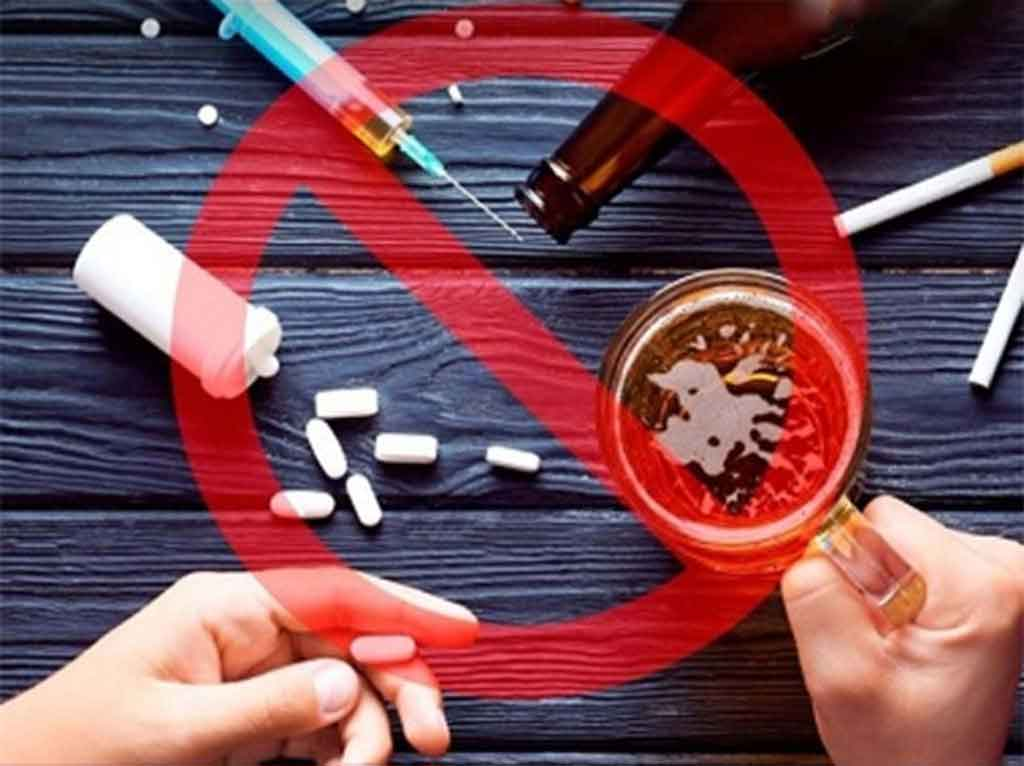Cuba celebrates today the International Day to Fight Drug Abuse and Illicit Trafficking, ratifying its policy of zero tolerance and promoting education to prevent its consumption.
The Caribbean nation is a signatory of the main multilateral legal instruments on the matter, approved by the United Nations. It has also signed with other countries more than 10 extradition treaties, around 30 legal assistance treaties, 30 transfers of sanctioned persons treaties, and more than 40 drug treaties.
According to recent statements by the head of the specialized anti-drug body of the Ministry of the Interior, Colonel Juan Carlos Poey, although the island is not a producer of these substances, its geographical location places it in an intermediate between the countries of origin of drug trafficking (to the south) and the largest consumer (the United States, to the north).
Poey stated that as a result of operations against drug traffickers on the high seas, caches are often launched and, dragged by sea currents, reach the Cuban coasts, mainly to the north of the provinces of Guantánamo, Holguín, Las Tunas, Camagüey and the keys north of Ciego de Ávila, in the east of the country.
He pointed out that Cubans residing abroad have tried to introduce drugs by sea and air, and reported that in 2023 three operations of this type were intercepted.
On December 7, 1987, the United Nations General Assembly established June 26 as the International Day to Combat Drug Abuse and Illicit Trafficking to strengthen global action and cooperation and thus achieve a society free of drug consumption. The celebration is aimed at raising awareness about the serious problem that illicit drugs represent for society.


